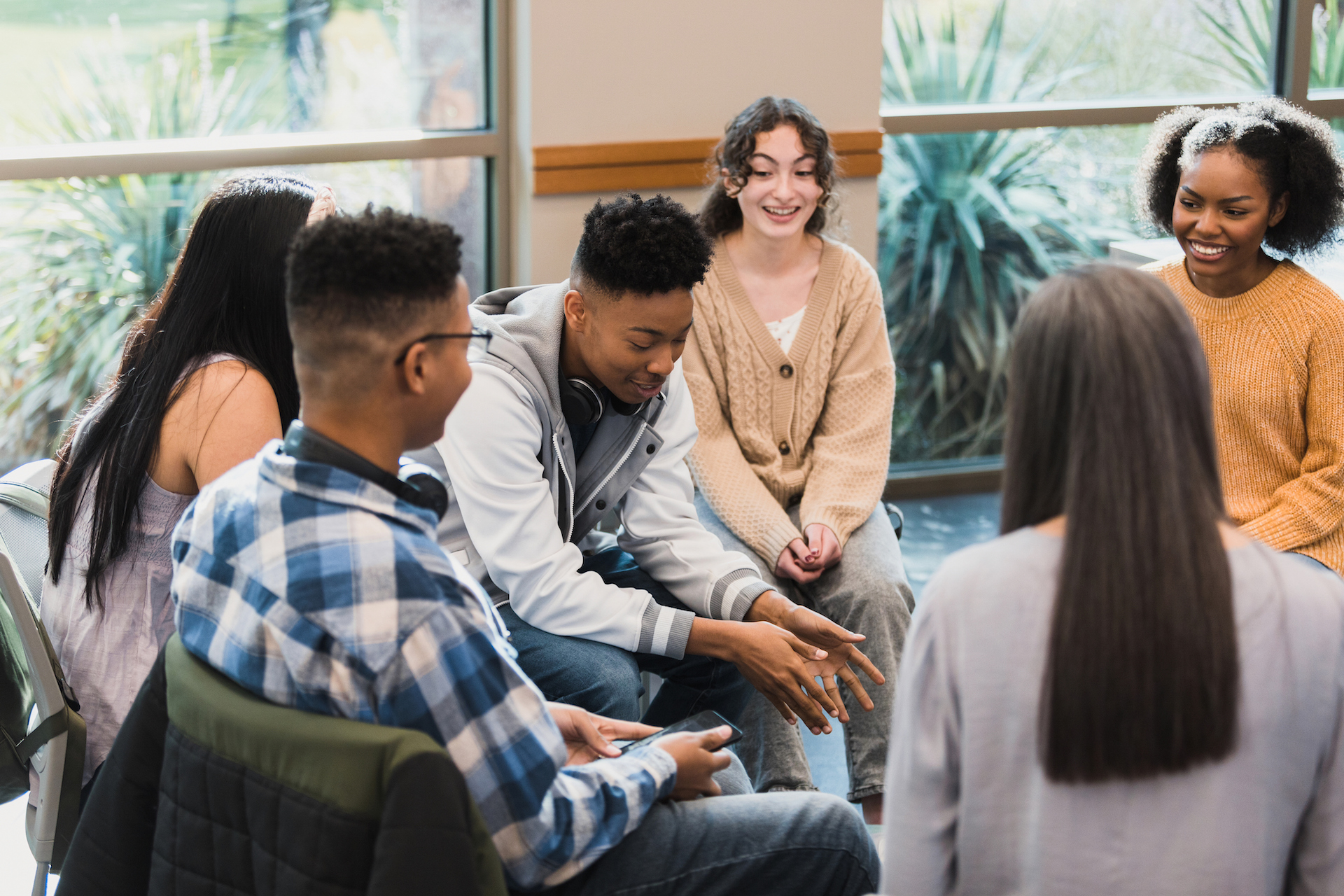Improving Adolescent Skills through Social Skills Groups

One key component of Social Skills Groups is learning how to read social cues. For many adolescents, understanding nonverbal cues can be challenging. They may struggle to interpret facial expressions, body language, and tone of voice. Social Skills Groups can provide a structured environment for adolescents to practice reading these cues and responding appropriately. By improving their ability to read social cues, adolescents can better understand the emotions and motivations of others, which can help them build stronger relationships.
Another focus of Social Skills Groups is practicing assertiveness. Many adolescents struggle to stand up for themselves in social situations. They may be hesitant to express their opinions or assert their needs out of fear of rejection or conflict. Social Skills Groups offer a safe space for adolescents to practice asserting themselves and setting boundaries. This can help them build self-confidence and improve their ability to communicate their needs effectively.
In addition to learning specific social skills, Social Skills Groups can also help adolescents manage stress and anxiety. Adolescence can be a particularly stressful time, with pressure to perform academically and socially. Social Skills Groups may incorporate mindfulness meditation or other stress-reduction techniques to help adolescents manage their emotions and build resilience. By learning healthy coping mechanisms, adolescents can better manage stress and anxiety, which can improve their overall well-being.
The benefits of joining a Social Skills Group are significant. Improved communication skills can not only help adolescents build stronger relationships, but can also improve academic and career success in the long term. Increased empathy and understanding of others can help reduce conflict and promote self-awareness. Adolescents who participate in Social Skills Groups may also experience improved mental health outcomes, such as reduced anxiety and depression symptoms.
Social Skills Groups can be a valuable resource for parents and adolescents alike. By offering a structured environment for social skill development, these programs can help adolescents build self-confidence, improve communication skills, and manage stress and anxiety. The benefits of improved social skills can have a ripple effect on many areas of an adolescent’s life, from academic and career success to positive relationships and improved mental health. If your adolescent is struggling with social skills, a Social Skills Group may be worth considering. Contact us to learn how ilearn wellness group’s social skills group could benefit your teen!
